Department News
"Education is the passport to the future, for tomorrow belongs to those who prepare for it today." Malcolm X

Department News
"Education is the passport to the future, for tomorrow belongs to those who prepare for it today." Malcolm X
Over the last 2 months, we have been taking part in the Tournament of Minds competition. Every Tuesday and Thursday afternoon, we met on Zoom and put our heads together to discuss the STEM (science, technology, engineering and mathematics) challenge that we decided to partake in.
The 2021 Tournament of Minds STEM Challenge
Hello?
People have always been fascinated by space and places beyond our planet. Scientists scan the stars for electronic signals and have sent probes out which may one day be intercepted, including the Pioneer Plaques and the Voyager Golden Records. Your adventurous team has been out on a trek and found 3 unusual and differently shaped objects, which appear to be scientific in nature. You report your discovery to a space agency, and it turns out these items are the next set of objects to be launched out into space seeking any intelligent extraterrestrial life. The objects were to be launched from the International Space Station (ISS) into outer space, but were mistakenly sent back to Earth.
CHALLENGE The space agency decides to use your clever team as testers to decode the uniquely different messages on each of the three individual objects and the fourth message which is revealed when these three objects are connected together. Your team will need to research the Pioneer Plaques and Voyager Golden Records in order to understand how humans have encoded information for other ‘life’ forms. This will form the basis for your challenge to create three (3) unique objects that represent those accidentally returned to Earth. Each of the messages can only be decoded using one different sense for each stimulus (light, odour, tactile and sound) in order to break the code. Your team is to explain how they decoded the information on the objects and how they uncovered a fourth message when the three plaques are combined. The space agency will be sending these objects back to the ISS and it so happens that your team is keen to show how this could be done. |
In response to the challenge, we were required to develop three objects that could only be decoded using a different sense, then combine these three objects to uncover the fourth message and finally apply mathematical skills in order to devise a way in which the objects could be returned to the International Space Station.
We decided to make a verse about human life and juxtaposed this with an alien civilization, which, when read backwards produces a very different message!
Please communicate back
We need you
But we don’t want your help
Our world is perfect
So don’t tell us
It’s a broken shell
The reality is
Our world is not living hell
It’s a mistake to think that
We’re slipping away
When in reality
“Our world’s perfect”, they say
Through this challenge we had the opportunity to use and develop many skills, learning how to collaborate effectively, and propose creative solutions to the challenge. By the end of it all, we had each formed 6 new friendships, and discovered our cohesiveness as a team! Unfortunately, we were very restricted in terms of physical collaboration due to COVID restrictions, however, we were able to overcome these challenges and adapt to the circumstances, instead of producing a video compiling all of our efforts.
We would also like to say a huge thank you to Mr Calvi, Mr Nally, Ms Dommel and Mr Hainsworth, for all of their help and support throughout this challenge, we couldn’t have completed what we did without them!
Our video response to the challenge.
Emma Karpes, Jacqui Kostogiannis, Annika Lindin, Anna Shmalko, Lauren Leong, Isla Dindial and Abbey Williamson.
Michael Calvi
Head of Diverse Learning
Why do we study Languages at Brigidine College?
The study of a language other than English is compulsory for all secondary students in NSW. At Brigidine College, we go above and beyond the compulsory 100 hours or one year of language study as our students are given the opportunity to undertake a two- year study of either Italian or Chinese in Years 7 and 8. Italian can also be continued into Years 9 and 10 as an elective course and then as a HSC subject.
To quote from the Italian Syllabus:“Learning languages provides the opportunity for students to engage with the linguistic and cultural diversity of the world and its peoples. Students broaden their horizons in relation to personal, social, cultural and employment opportunities in an increasingly interconnected and interdependent world. Proficiency in languages provides a national resource that serves communities within Australia and enables the nation to engage more effectively with the global community”.
But why study Italian?
The study of Italian language and culture enables students to gain an insight into Italy’s rich cultural, historical, artistic and literary contributions to the global community. Australia has strong cultural, trade and political connections with Italy. We also have a well-established Italian community in Australia. The Italian language is widely spoken in Australia and there are opportunities for our students to hear and use the language in authentic situations. Many agree that for English speakers, Italian is one of the easiest languages to learn. And of course, the study of a language usually provides an incentive for travel!
And why Chinese?
Chinese is one of the official languages of the United Nations, is recognised as one of the fastest-growing languages in New South Wales and has one of the largest groups of non-English background speakers in Australia. Chinese is an important language for our students as Australia moves towards a future of increased engagement with Asia.
Through the study of either Italian or Chinese, our students develop an understanding of what it means to be a global citizen and an ability to reflect on their own heritage, values, culture and identity.
As the Chinese proverb says:“To learn a language is to have one more window from which to look at the world.”
Janine Christofides
Head of Languages
Elective Music
Year 10 Jazz
The Year 10 Elective Music students have been studying Jazz this term. Despite the challenges of remote learning, the class has shown high engagement through participating in various activities, while covering the three main musical components. The girls have successfully engaged in studying and listening to Jazz music from the 1920s to 1950s, composed a Blues-inspired composition, as well as learned the performing technique of improvisation in Jazz music.
Remote learning also doesn't stop the music-making in our class! We are currently putting together a class ensemble project - Fly Me to the Moon. Each student had to record themselves performing the chorus of the piece with a provided backing track, and collaborate with an assigned partner to do an improvised section, following the rules of trading in Jazz.
We hope to share our class project with everyone soon.
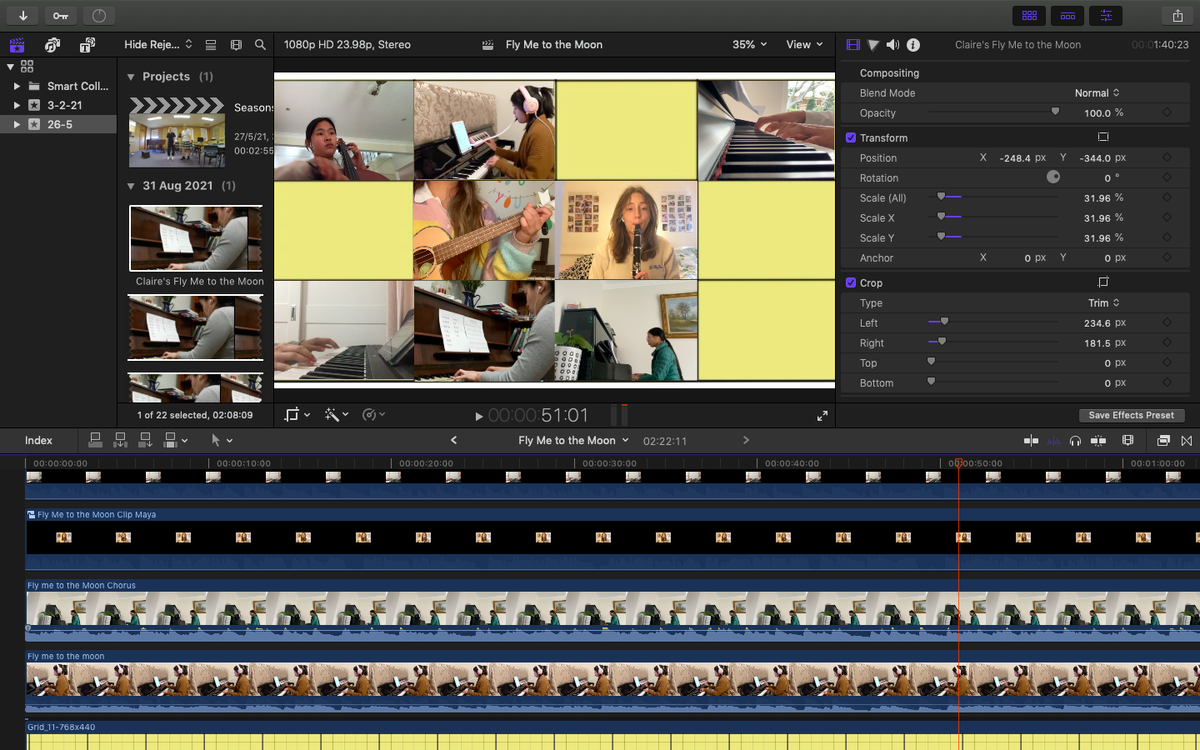

Year 9 Popular Music
Our Year 9 Elective Music students have been studying Popular Music from the 1950’s through to the present. The girls have been listening and analysing Rock’n’Roll, Soul, different forms of Rock, Reggae, Commercial Pop, Disco, R’n’B, and the popular songs of today. Some of our favourite artists and bands that have been instrumental in the development of Popular Music are Elvis Presley, Aretha Franklin, The Beatles, Deep Purple, Queen, Bob Marley, ABBA and The Bee Gees with more to come!
After studying all these wonderful artists the students are now writing their own pop song incorporating a melody, chord progression and drum line. The students are enjoying writing their own lyrics and letting their creative juices flow. I can’t wait to hear the final product!
Jacqueline Hanniffy
Head of Music
In our current climate, we are all being challenged by being largely confined to our homes and at risk of sedentary activity. The PDHPE department is conscious of the amount of time that our students are spending in front of the screen. This is also the reality for many of the adults and parents in our community.
The question is, with gyms and swimming pools closed, group fitness classes cancelled and community sports on hold, how are we managing to keep fit throughout the COVID -19 pandemic? Research from Deakin University has found that people are turning to digital platforms like YouTube, Zoom and fitness apps as an effective way to stay fit when access to other forms of organised exercise is restricted.
In an effort to encourage our students to meet the Australian Physical Activity guidelines of 60 minutes of moderate to vigorous activity a day, we have provided a series of one-hour cardio kickboxing workouts for our students in Years 7-10 PDHPE in combination with workouts from the Nike Training Club Fitness App so that students can track their progress from week to week and evaluate their strengths and weakness in the different components of fitness. Students have been taking a screenshot of their workout summary, followed by a reflection of their workout. For students with injuries, we have also provided guided meditation to assist with relaxation and the pressures of the online learning environment.
We are also conscious that exercises are more adaptable to the online environment than others, particularly those that don’t require a lot of equipment and can be done using bodyweight - as well as being easily executed in small, confined space.
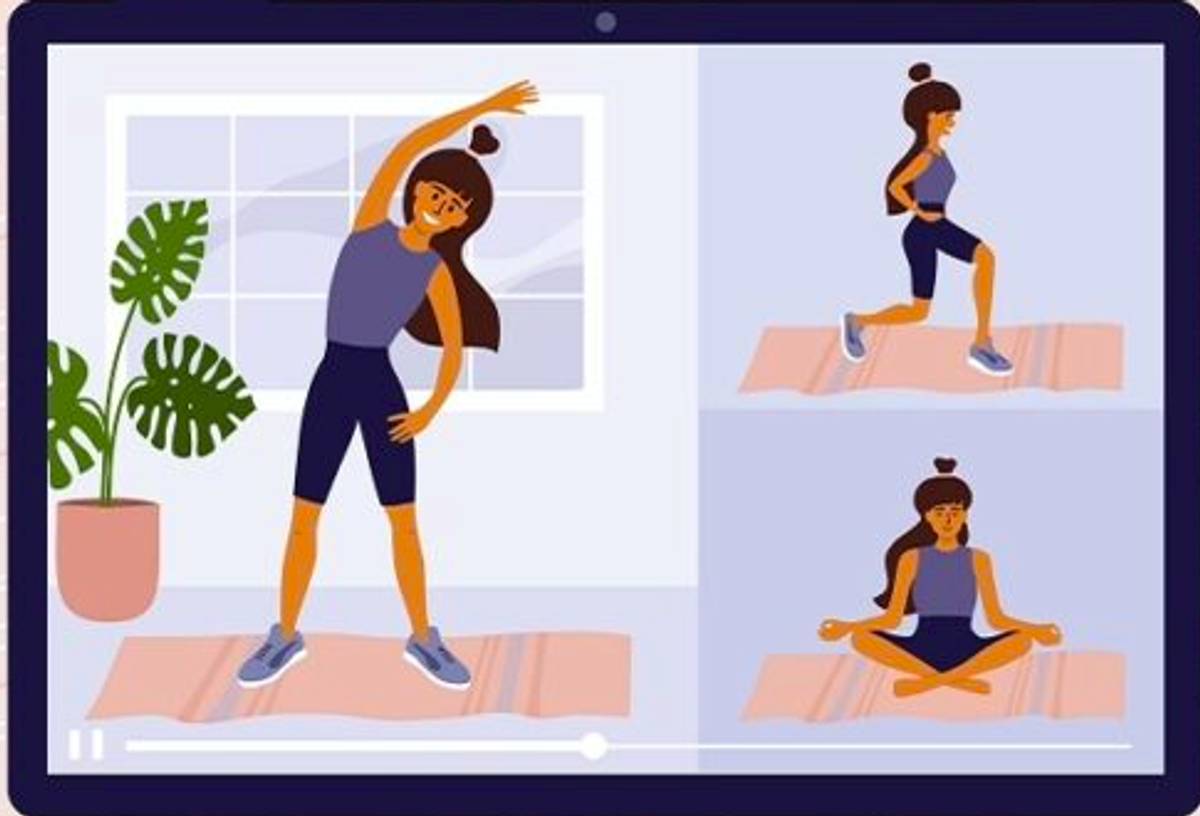

A report from Anastasia Dudek in Year 7 about the Nike Training Club Fitness App activities:
“In our last PDHPE practical lesson, we did a workout on the Nike Fitness app. We downloaded this app on our phones which was an easy process. The workout that I completed was called ‘The Complete Crush’ which was a workout that worked all parts of the body. I completed this workout on Little Bay Beach and the setting helped me stay motivated and fresh. What I liked most about the workout was the different variety of moves and exercises because to stay engaged you should do different things. Another thing I liked was that you could complete it in your own time and tick things that you have completed off at the end of the sets. We got a minute mindful break which was good and relaxing. Some of the moves were challenging especially to do on sand but overall it was moderate. After the workout, I felt refreshed and pumped to continue working on my assignments so overall I really enjoyed this workout and I would definitely recommend it even out of school on a daily basis”
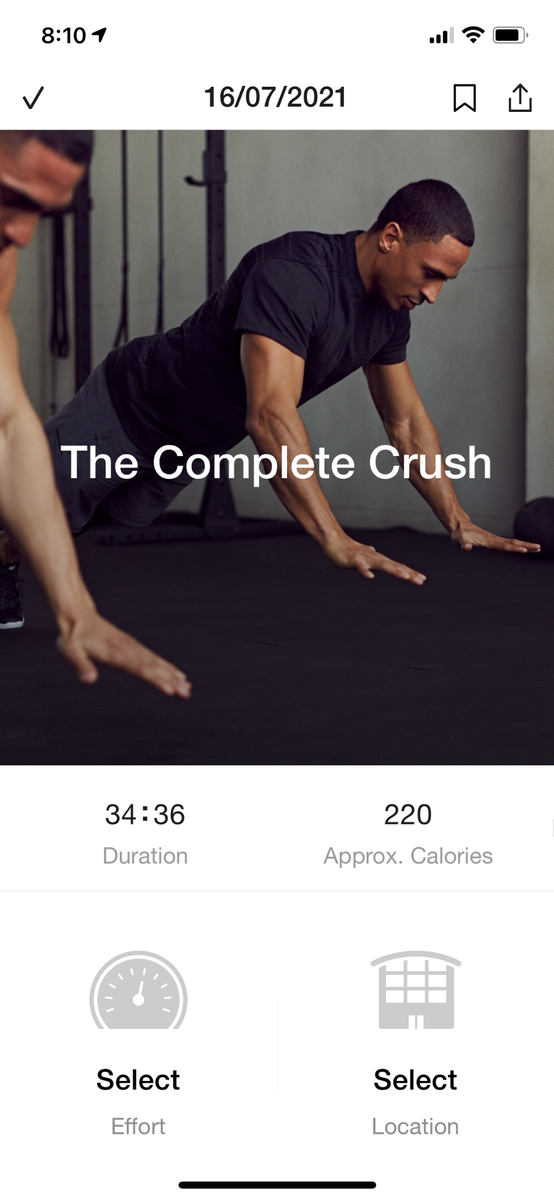
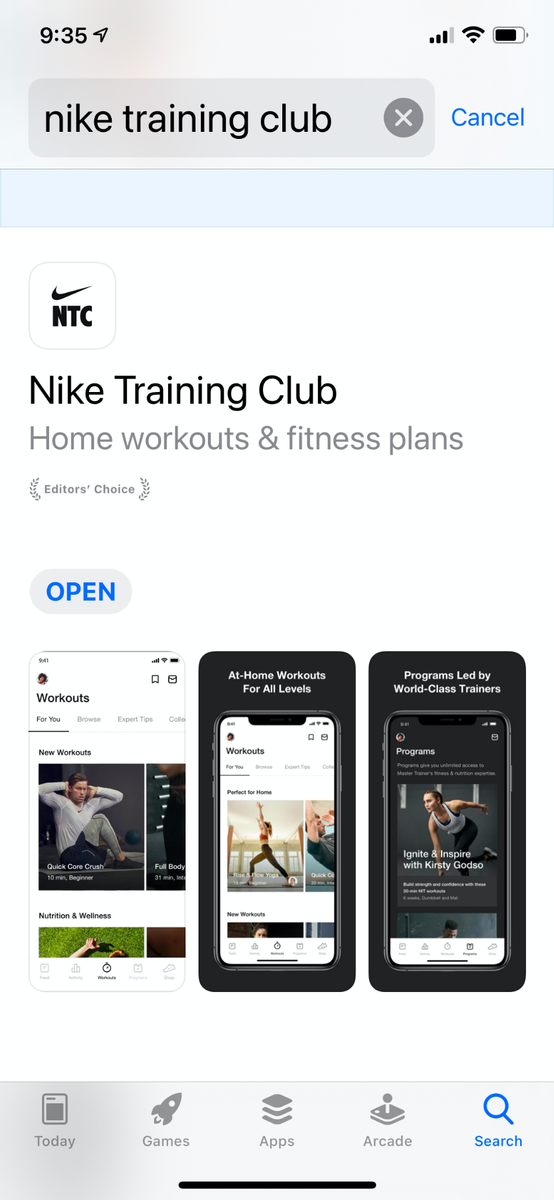


Years 9 and 10 PASS Electives
Our PASS elective students have also been participating in a variety of fitness circuits that can be easily completed in the bedroom or living area, focusing on their own body weight as a source of resistance. These workouts aim to improve strength, muscular endurance and cardiorespiratory endurance in our students.


So what else has been happening in PDHPE during Term 3?
In the theory component of the subject, students have been following the Olympics in Tokyo. Each year group has been completing formative assessment tasks on the selection of an Australian Olympic or a Paralympic athlete.
Years 7 & 8 PDHPE
Years 7 and 8 researched a member of the Australian Olympic or Paralympic team. Here the students followed their athlete’s achievements prior to and at the Tokyo Olympics. The event details, training and diet requirements of their athlete were also explored.
Years 9 & 10 PDHPE
Years 9 and 10 students researched a member of the Australian Paralympic team who has overcome significant injury or hardship in their paralympic journey. Here the students explored the journey and the challenges faced by their chosen paralympic athlete and the modifications that have been made to the rules, equipment and space of their sport. Students also reflected on how people can respond positively to life challenges and the characteristics and skills that can enhance resilience and well being.
It has been an exciting time watching the success of our Olympic and Paralympic athletes. What makes it more exciting is that during the Tokyo 2021 Paralympic Games there is only a one-hour time difference between Tokyo and the eastern states of Australia. The friendly time zone means it is easier for us to watch and cheer on our Paralympians live.
Australia is one of the world’s leading Paralympic nations. We have participated at every Summer Paralympics since the first in 1960 and every Winter Paralympics since the first in 1976. At the Sydney Paralympics in 2000, the only time Australia has hosted the Games, we finished on top of the medal table with 149 medals, including 63 gold. At each subsequent Summer Games - Athens, Beijing, London and Rio - Australia finished fifth. Australia’s teams have totalled 1,712 athletes at Summer Games and 80 at Winter Games. At Summer Games, we have won 1,125 medals and at Winter Games we have won 30 medals. For Australian Paralympians representing Australia at the Paralympic Games, it is the highest honour for an athlete with a disability.
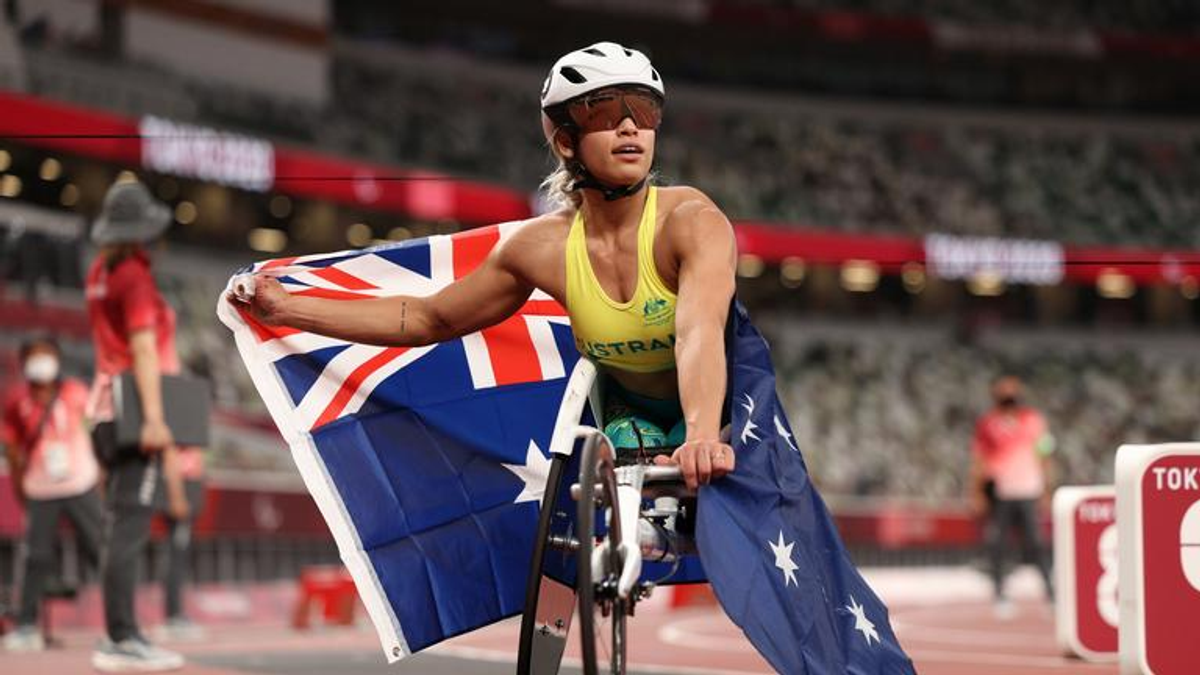
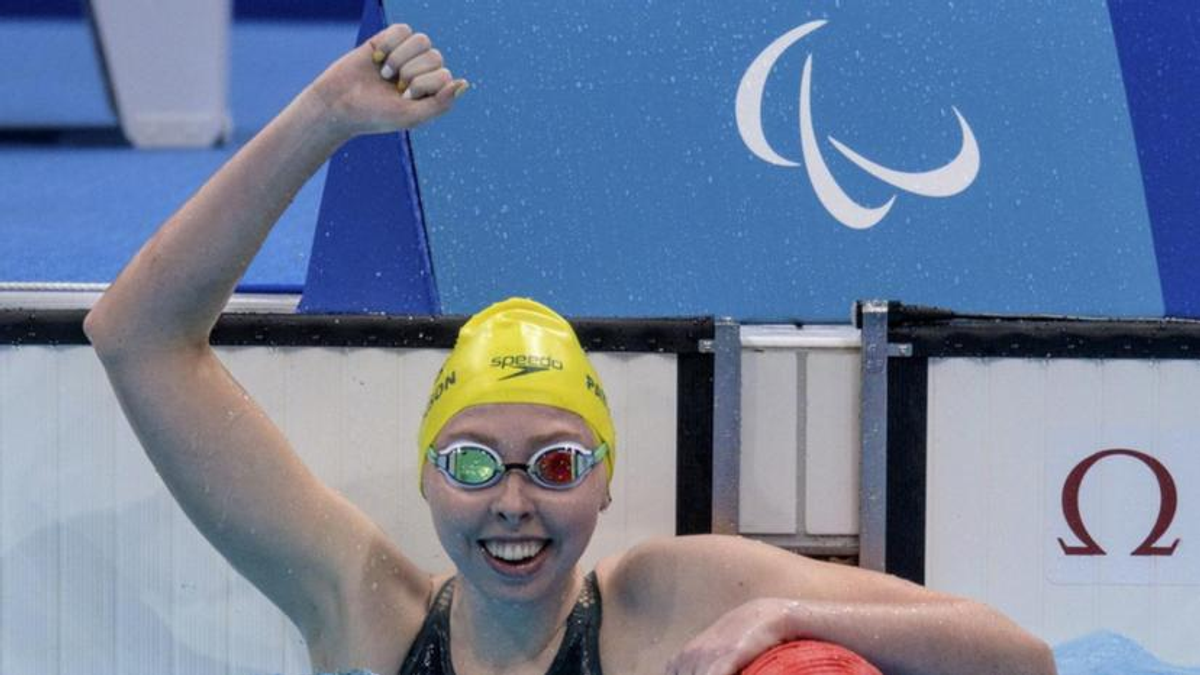
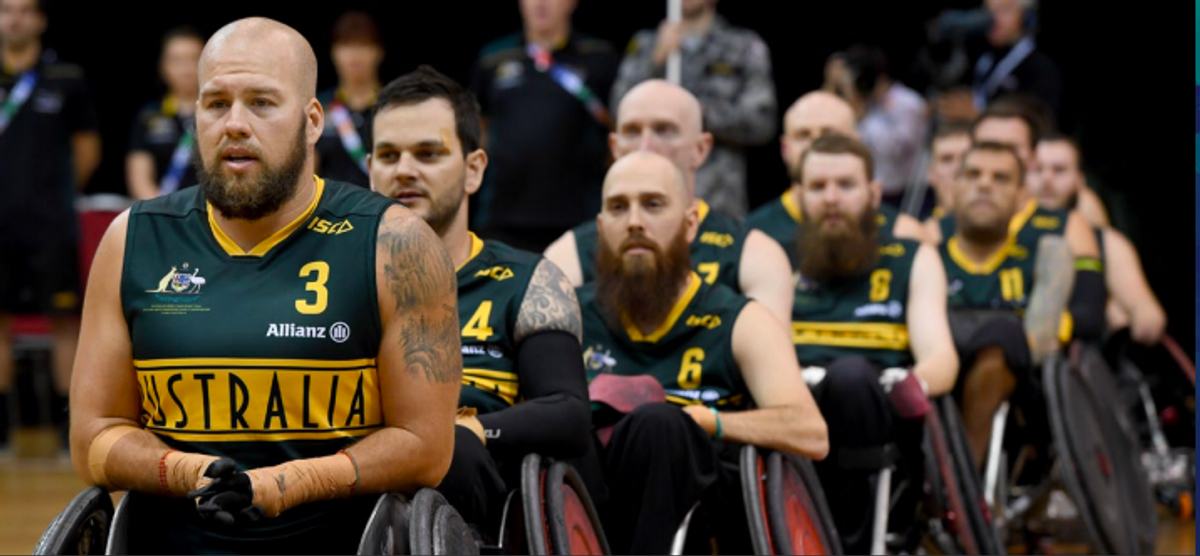

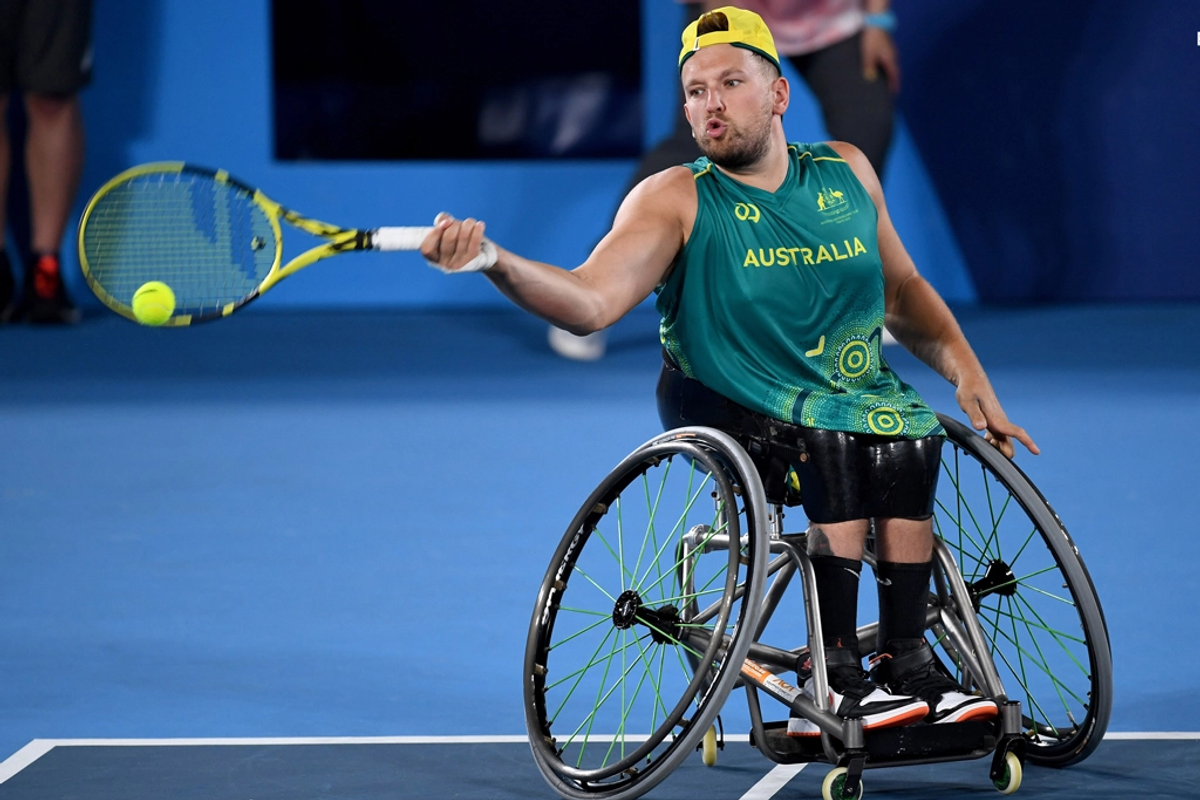





As we approach the end of term, PDHPE students across Years 7-10 have been working on their PDHPE assessment tasks. Year 7 are reporting on the dangers and consequences of Vaping. Year 8 are reporting on mental health issues and the strategies that can assist in the treatment of these mental health issues. Year 9 are designing websites to inform women about breast cancer and Year 10 are selecting road safety campaigns and analysing the likelihood of their success.
Year 11 & 12
As we come to the end of Term 3 - we wish our Year 11 students and Year 12 HSC students the best of luck as they prepare for their final examinations in PDHPE, Community and Family Studies and Sport, Lifestyle & Recreation Courses.
It has been a busy term for PDHPE and although we have learned to adapt to the online environment, we look forward to easing restrictions and going back to PDHPE in a face to face learning environment!
Vanessa Culhane
Head of PD/H/PE